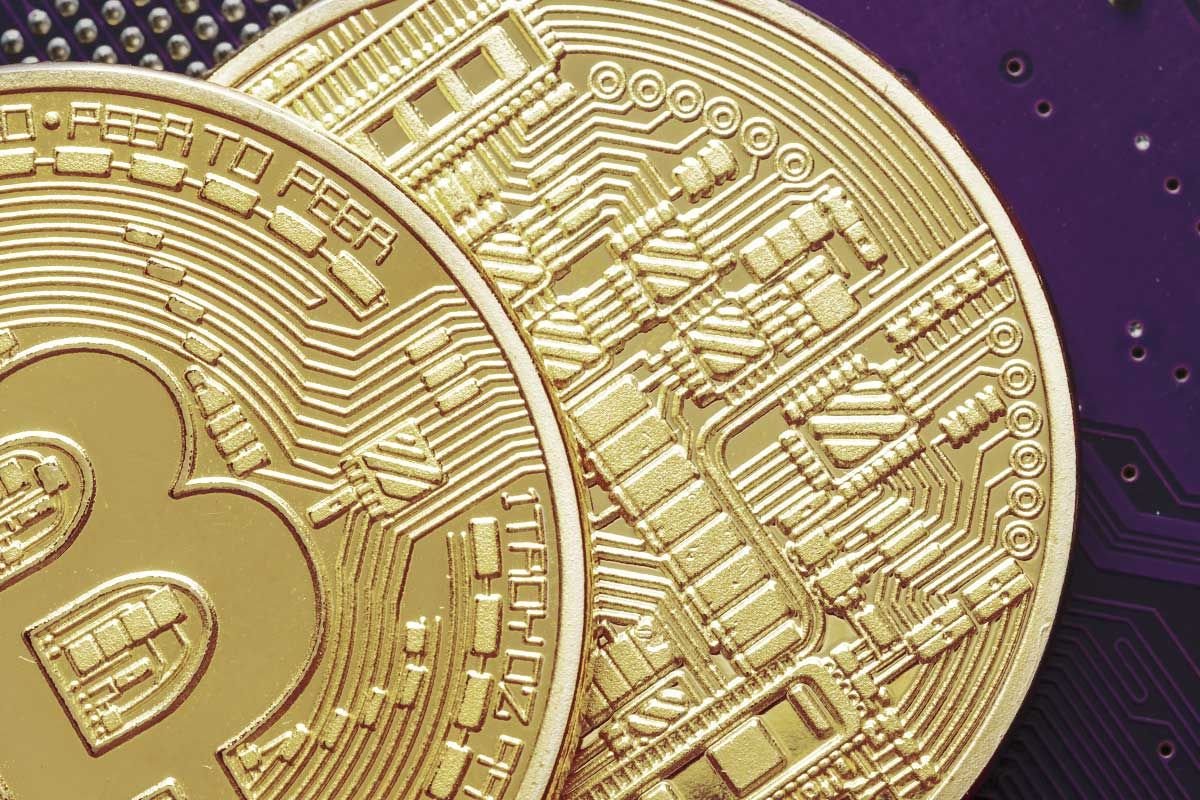Licensing Rules in the Philippines

If you are looking for a good destination for your crypto investments, the Philippines can serve very well as a jurisdiction in this case. The country steadily applied measures to attract more capital associated with cryptos. But, that doesn’t mean that the state is reckless about any preventive measures. It follows major world-recognized standards and keeps the parity between the interest of interpreters and the state. The licensing rules of the Philippines envisage the special registration procedure – this is a kind of equivalent to the Philippines crypto exchange license that has to be in place if you want to start your crypto trading project here. Prifinance attorneys are prepared to help you and give a brief but informative guide about the local «licensing» nuances.
H2 Core Points about the Philippines Crypto Regulation
Even if the jurisdiction offers very advantageous conditions for doing crypto business, the local regulator (the Central Bank of the Philippines) warns about the major threats associated with the cryptos:
- open options for unlawful use;
- possible sharp price fluctuations;
- drastic risks of unauthorized transfers;
- no compulsory insurance.
These issues can be easily addressed to convince the regulator that the registration is possible – that is made through the complex of measures:
- creating a separate corporate entity that will serve as a future cryptocurrency exchange;
- implementing effective policies (AML/CTF, KYC, monitoring, record-keeping, and reporting);
- finding sufficient and appropriate IT facilities that will be capable to track all the operations carried out through the future platform and also ensure proper notification;
- hiring professional staff, including a compliance manager and director;
- developing clear policies for customers with an emphasis on providing enough details about the services offered.
H2 How the Registration Goes: Brief Points
Each application passes two stages. Firstly, the regulator screens the application and decides whether (1) it suits preliminary to all the formal requirements and (2) all the must-have details (like the information about the founders and beneficiaries) have been submitted.
And the second stage, the regulator checks each compliance point more precisely. Namely, such aspects as AML/CTF compliance, KYC and other policies, the availability, and suitability of IT resources, staff competencies, etc. Even if registering a crypto exchange in the Philippines is comparatively easy, the process still has nuances and requires professional support at each of its stages.
H2 How Prifinance Attorneys Can Assist You More
If your current objective is to start your crypto exchange in the Philippines, Prifinance attorneys are prepared to support you with covering all the peculiarities that the law of the Philippines introduces, including through these legal services:
- help to buy or create a new entity that will serve as a crypto exchange;
- consult you on matters of local taxation;
- arrange all the information needed to incorporate a new crypto exchange in the exact form prescribed by the local regulations;
- handle all pre- and post-registration settlements with the local regulators on your behalf;
- open EMI and/or bank accounts for your crypto trading project;
- make the future operation of your new crypto exchange easier thanks to transparentclear and compliant policies.
Forward the details of your case along with the business ideas you have for this project – get instant support from Prifinance attorneys in the course of their realization.

Comments